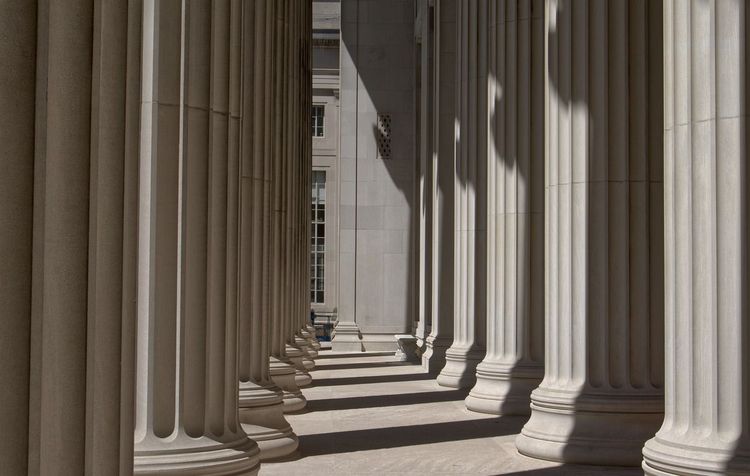The Writers' Strike Concludes: Key Outcomes of AI Negotiations Revealed
Most people like

Unlock a world of creativity with our advanced AI vocal and accompaniment extraction tool. Whether you're a musician, producer, or content creator, this innovative software allows you to isolate vocals and instrumentals from any music track effortlessly. Say goodbye to complex editing processes and hello to streamlined workflow and enhanced flexibility in your projects. Explore how our cutting-edge technology can elevate your music production game today!

Discover a free AI tool that effortlessly transforms facial photos into stunning art styles. Unleash your creativity and reimagine ordinary images with this innovative technology, perfect for artists and enthusiasts alike.

Introducing Gamma App: the innovative AI-driven tool designed to effortlessly craft captivating presentations, sleek webpages, and polished documents. Experience the future of content creation with Gamma App, where powerful technology meets user-friendly design.

Unlock the potential of your brand with our AI logo maker, designed to help you create striking and professional logos that stand out. With advanced technology and user-friendly tools, you can easily design a unique logo that perfectly captures the essence of your business. Whether you're launching a startup or refreshing your existing brand, our AI-driven platform ensures a seamless logo creation experience tailored just for you.
Find AI tools in YBX



